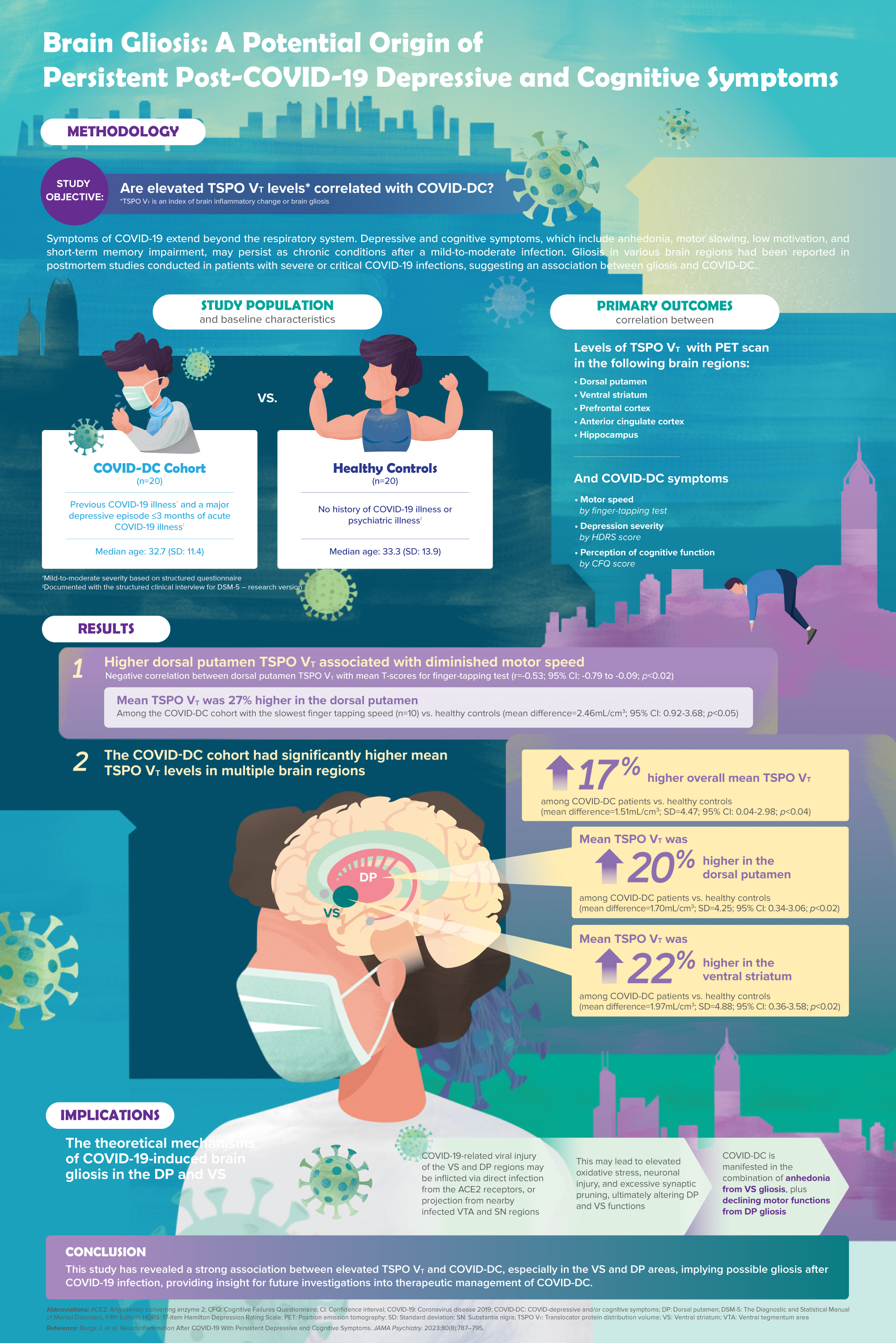The arrival of the JN.1 sublineage of the Coronavirus disease 2019 (COVID-19) Omicron variant, shows a major antigenic shift from initial variants.1 As JN.1 evolves, continuous surveillance, vaccination initiatives, and diligent adherence to preventive measures are vital for minimizing its potential impact on global public health.1 During a recent symposium, Professor Hung, Fan-Ngai Ivan from the University of Hong Kong emphasized the importance of randomized controlled trials and real-world data in evaluating vaccine safety and effectiveness across diverse populations, including children, the elderly and immunocompromised individuals. He highlighted that the BNT162b2 JN.1-adapted messenger ribonucleic acid (mRNA) vaccine is the only mRNA vaccine with comprehensive data available, reinforcing the necessity of ongoing monitoring of vaccine performance and the potential impact of new variants on public health. His presentation underscored the significant advancements in vaccine development and the essential role of vaccination in reducing severe outcomes from COVID-19.

